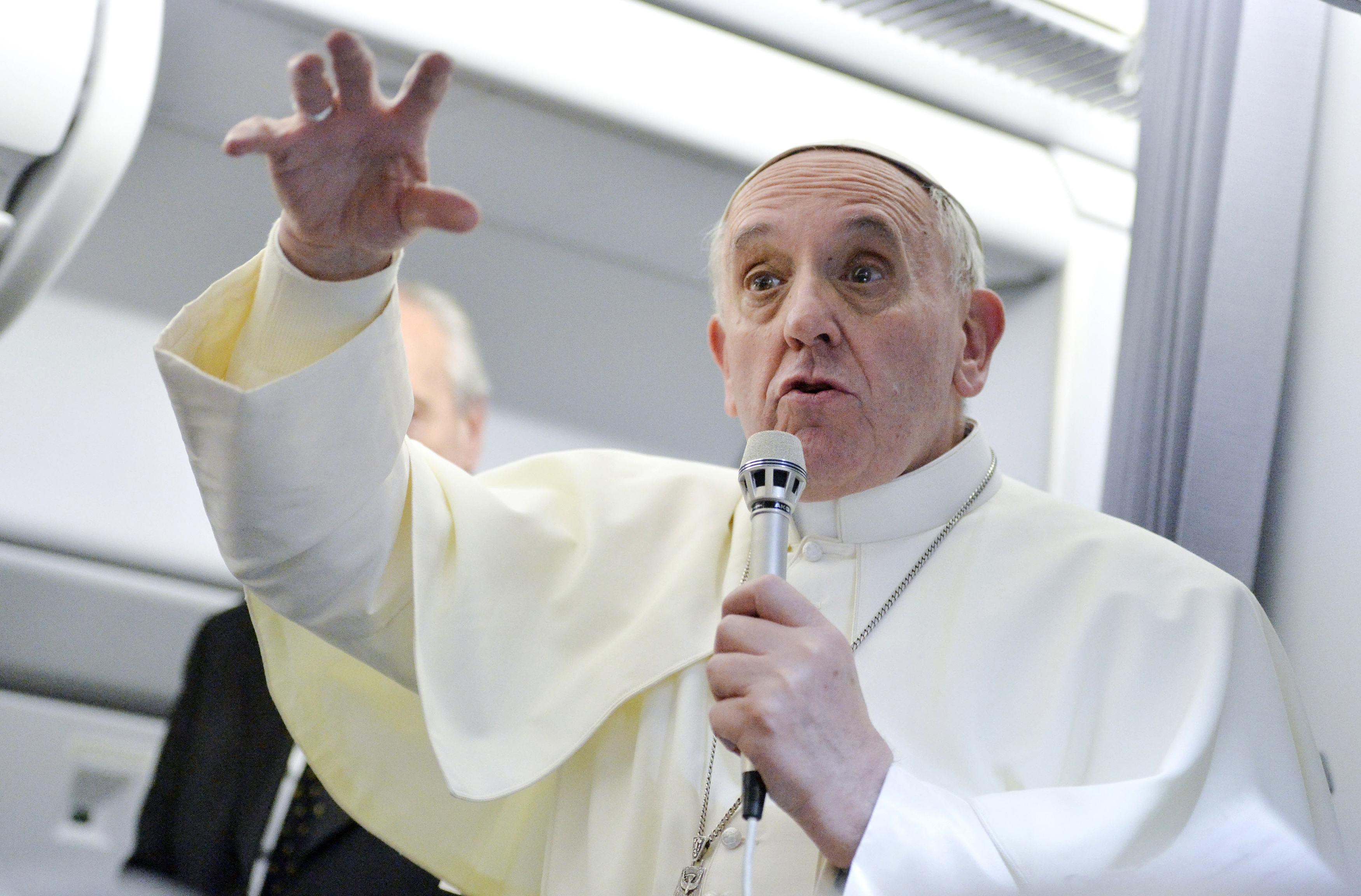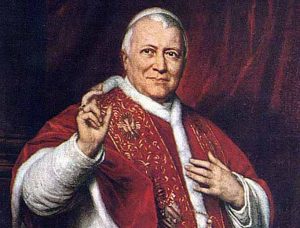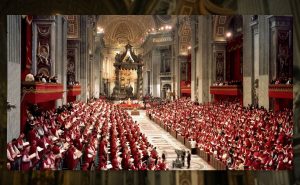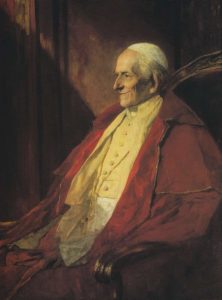Francis and other 20th Century Popes: Part One – Triumphs (1)

The fifth anniversary of Pope Francis’ election as pope triggered a plethora of articles on his first five years. Has he accomplished his goals? Has he made a real difference in the life of the Church? What impact has he had on the world at large? In general he has been seen as a breath of fresh air, but from early on in his pontificate fierce critics keep reminding us of his flaws, imagined or real.
This reflection is not yet another commentary on Francis’ five years thus far. It seeks to offer a broader context in which we can situate him.
He is undoubtedly a great gift to the Church, but Francis builds on the popes of the 20th century whose complementary skills, perspectives and achievements have profoundly marked the Church and provided for us a powerful example of how varied charisms of leadership in the body of Christ do come together under the guidance of the Holy Spirit, especially at decisive moments, and the body continues to survive and even to thrive in spite of adverse circumstances.
But before these charisms could shape the Church, they had to be released, and the fall of the Papal States in 1870 (the same year as Vatican I) to a new emerging Italian state played a key role in this release.
This loss was felt deeply by Bl. Pius IX (1846-1878), and at first it led to hand-wringing and self-pity. Indeed early 20th century popes considered themselves prisoners of the Vatican. But, no longer distracted by the need to defend a large papal territory with military force and with diplomatic give and take, they were able to concentrate more totally on the universal mission of the Church and the spiritual welfare of the faithful.
A centuries-old millstone around the Church’s neck was cut down, and a beautiful but challenging century for the papacy began.
Challenges and struggles, yes, but the Church has indeed made major steps forward in the 20th century and the Spirit has pointed it in new directions. Indeed – and this is true from the beginnings of the Church – human plans and endeavours have been trumped by the Spirit of God.
One outstanding example: those who elected St. John XXIII (1958-1963) at the age of 78 wanted the Church to catch her breath after Pius XII (1939-1958), but Pope John, rejecting the advice of senior advisors, and following the inspiration which came to him, called an ecumenical Council which we are still digesting half a century later.
What are some of the new directions in which the Spirit of God has been pointing the Church, and which give a context to Pope Francis’ ministry? We will highlight four: world leadership, social justice, dialogue, pastoral care.
✦ The first twentieth century pope, Leo XIII (1878-1903), sought to firm up connections with surrounding states, thus securing Catholics in their freedom. In his quest for peace Benedict XV (1915-1922) spoke to many of the actors in World War I.
In the 1929 treaty/concordat with Italy in 1929 Pius XI (1922-1939) gained for the Vatican a nominal territory which enabled it to enter into the realm of diplomatic relations as a recognized independent entity.
 Eventually the Church was ready to seek a leader from outside Italy. For the pope to be the sovereign over a significant part of central Italy was a strong argument for choosing an Italian pope. But that argument lost its strength.
Eventually the Church was ready to seek a leader from outside Italy. For the pope to be the sovereign over a significant part of central Italy was a strong argument for choosing an Italian pope. But that argument lost its strength.
At most to be credible as bishops of Rome popes should be fluent in Italian. So after the very brief reign of Ven. John Paul I in 1978, popes have come from Poland, Germany, and Argentina.
Bl. Paul VI (1963-1978) was the first pope to travel outside Europe and his successor, St. John Paul II (1978-2005) was a world traveller, clocking over 750,000 miles and seen by millions. More than any other, John Paul II has taken on the stature of a world leader, playing a significant role in the collapse of the Soviet empire in 1989.
In his own way, Francis follows his example. He has made it a point to visit places that so many would consider peripheral and unimportant.




No Comments